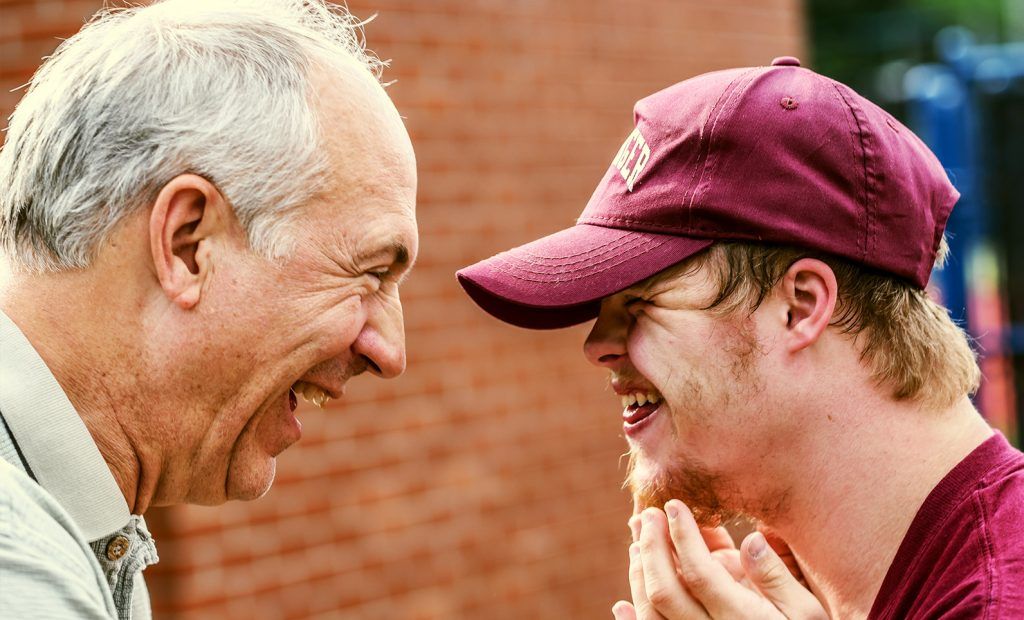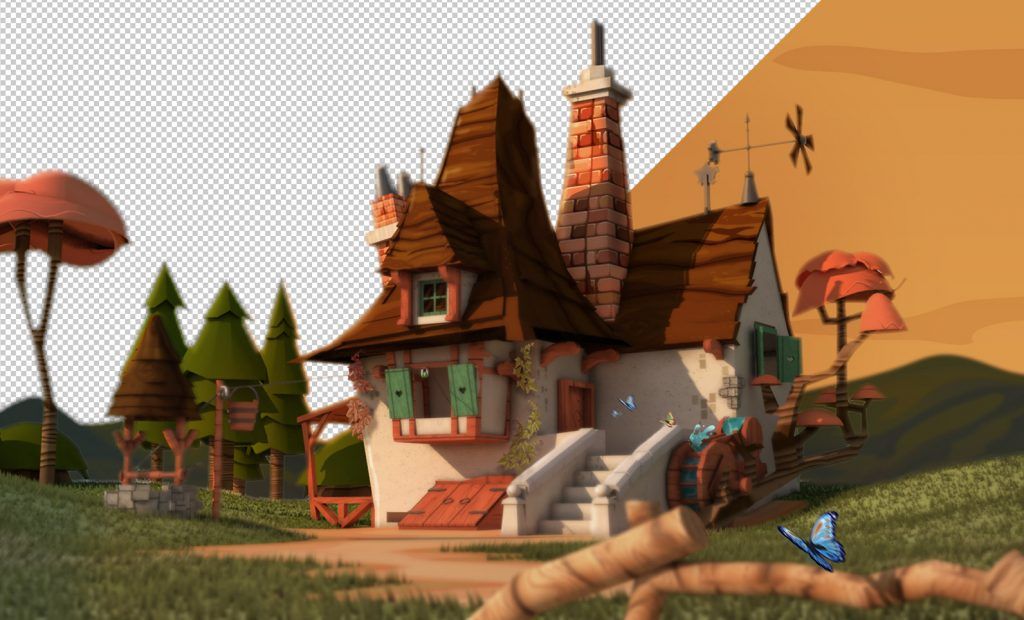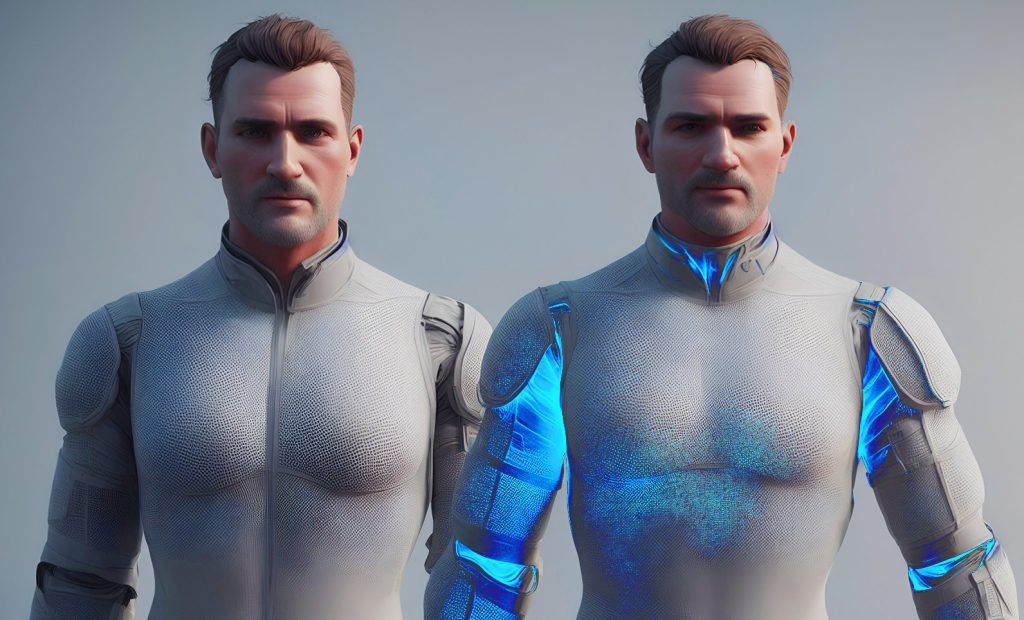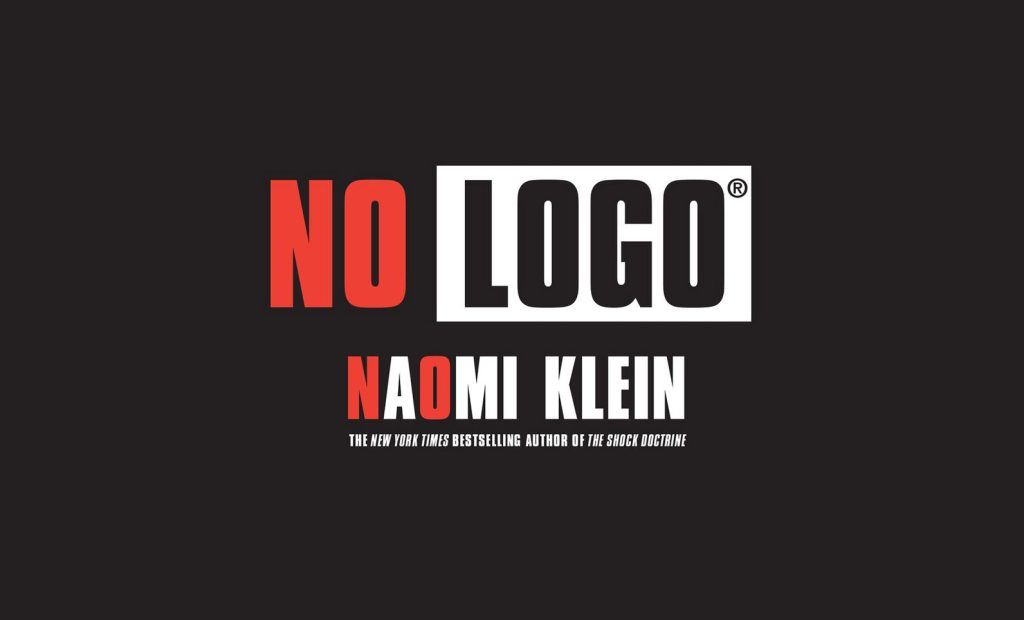There are a lot of mistaken beliefs about creativity:
- The idea about being creative is a special gift, which you have it or you don’t, and if you don’t have it there is little or nothing you can do to develop it and the best thing to do is to ask for help from someone who is creative.
- The point of view which says that only people with a high cultural level can be creative.
- or the sight which creative people are messy people.
The creativity exists in all human beings, and is susceptible to development, it is not exclusive to geniuses, it is present in any human being who imagines, transforms or creates something.

Furthermore, it is very important join the affective and cognitive processes. Both factors have the same value for the creative act; the socio-historical point of creativity also plays a role, since it depends not only on internal psychological factors of men, such as previous experience, motivations and skills, but also on the socio-economic conditions of the historical moment in which human being lives, and the creativity exists not only for human being itself but also for others.
Some more recent theories suggest that creativity is a potential characteristic that we are all born with, that it is found in each of us and that it requires training and mental discipline. This has given rise to important studies regarding the conditions that favour or hinder the development of creativity.
We start from the criterion that creativity is a human potentiality and that, therefore, at least in potential, all human beings possess it.
Is creativity biological or is it determined by the historical, social and cultural influences?
Biological and hereditary elements are of extraordinary importance in determining specific skills essential for relevant outcomes in some types of activity, such as music and sport; however, the different levels of expression of creativity in the vast majority of forms of human activity do not depend on these elements.
What is innate and what is acquired in creativity?
There are students with a good level of thinking development who are sometimes unable to solve a problem, mainly due to their insecurity and lack of persistence. Some do not achieve creative results because they are not sufficiently motivated in certain areas of knowledge or lack the strength and boldness to maintain their criteria, despite not agreeing with others by following their own path.
Can the student be taught to be confident and independent? How?
The child is not born secure or insecure, motivated or not towards a specific type of activity, a questioner of the knowledge he or she receives or a passive recipient of it. So all these qualities are taught and learned, educated and developed in dependence on certain influences and acting forces, among which the educational institution plays an important role.
OBSTACLES HINDERING THE DEVELOPMENT OF CREATIVITY
- A coercive enviroment.
- Limiting spontaneous and free expression of ideas.
- Constantly judging.
- Pointing out errors.
- Assuming schematic and stereotyped positions.
- Preventing self-reflection, the release of emotions and judgements.
- Keeping a cool distance between people.
- Preventing trust, authenticity and respect for individuality.
- Fear of ridicule, of being the victim of satire and mockery.
The student often repeats what he has stored in his memory when he needs to use it, without understanding it.
It is possible to learn to be creative. However, it is not so much about teaching creativity as it is about recovering it. We are all creative at birth, but as we grow up we begin to lose this ability due to multiple disincentives.
Creativity is not congenital, it is not an unalterable magnitude or a general human value without concrete historical reference, it always develops under concrete conditions and relationships. The only way to be creative is precisely by becoming aware of the barriers or obstacles to creative behaviour.
No one is more creative than a child, but we parents ourselves are responsible for curbing that creativity, sanctioning behaviour that goes against the norm. Perhaps a parent’s scolding has mutilated a creative and original idea.
Train your creativity
Creativity requires the ability to fragment experiences and allow new spontaneous combinations to form. In contrast, learning requires the ability to combine or connect elements that have been in contact with each other in our experience. These capacities are fundamentally different, so they do not necessarily go together; one person may possess a great capacity for learning and not be creative; another may be very creative but not distinguished by his or her capacity for learning.
Both capacities of learning and fragmenting experience are necessary for adequate problem solving. However, the latter has been neglected in our education system, due to our emphasis on the study of learning.
Throughout my career I have read several books on creativity that shed light and clarity on how to develop creativity, not only in artistic areas. You can be creative too!
Categoría/s: Graphic design










Leave a Reply